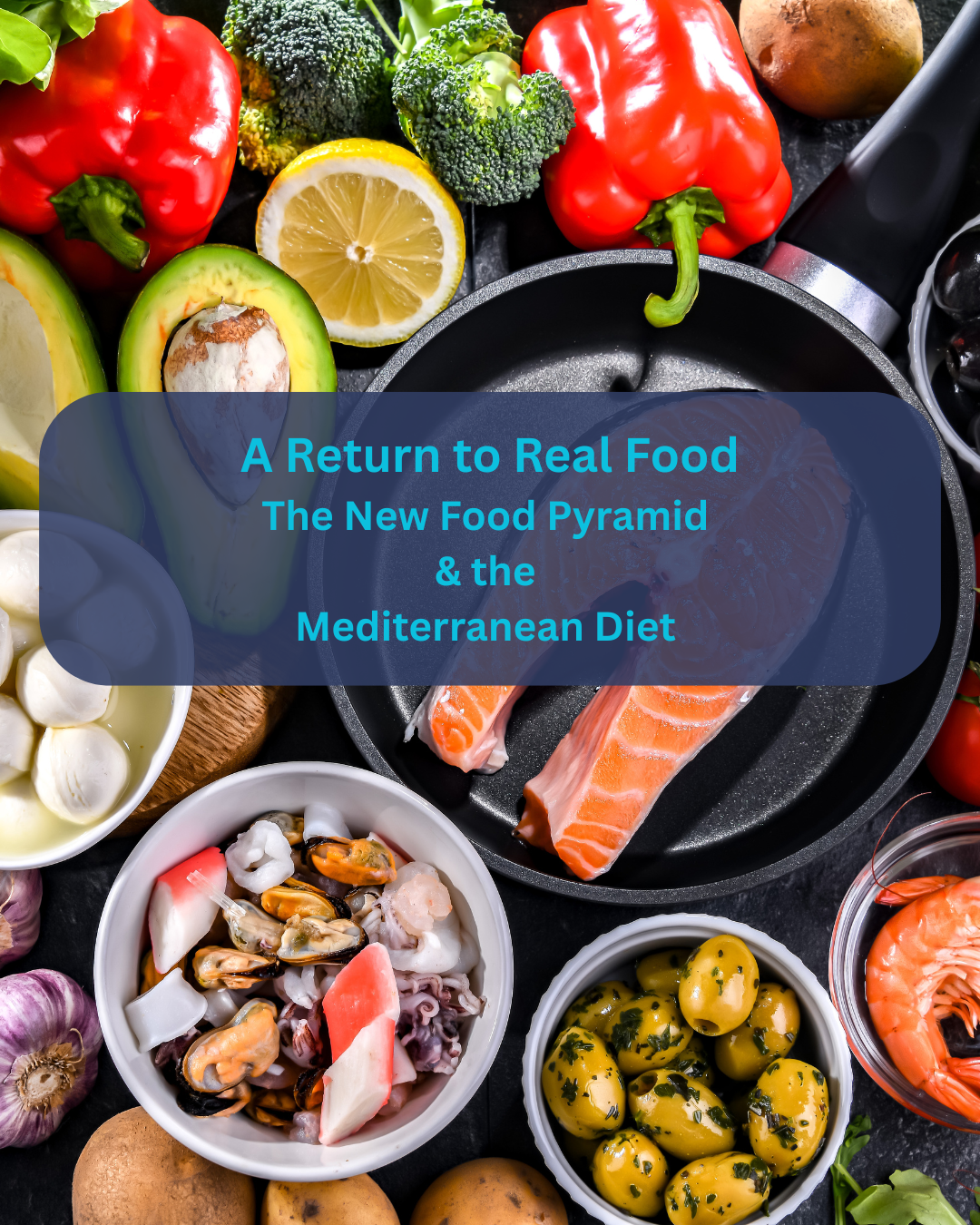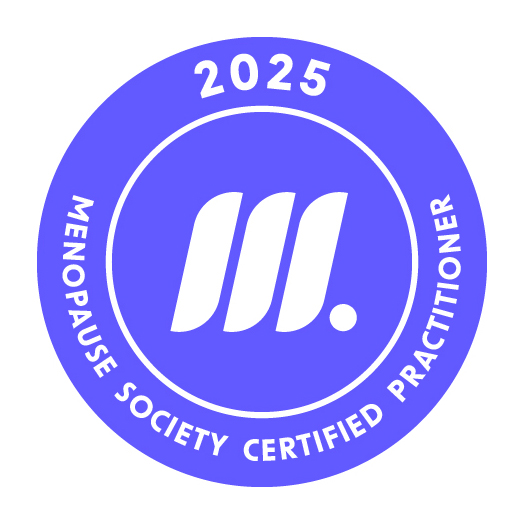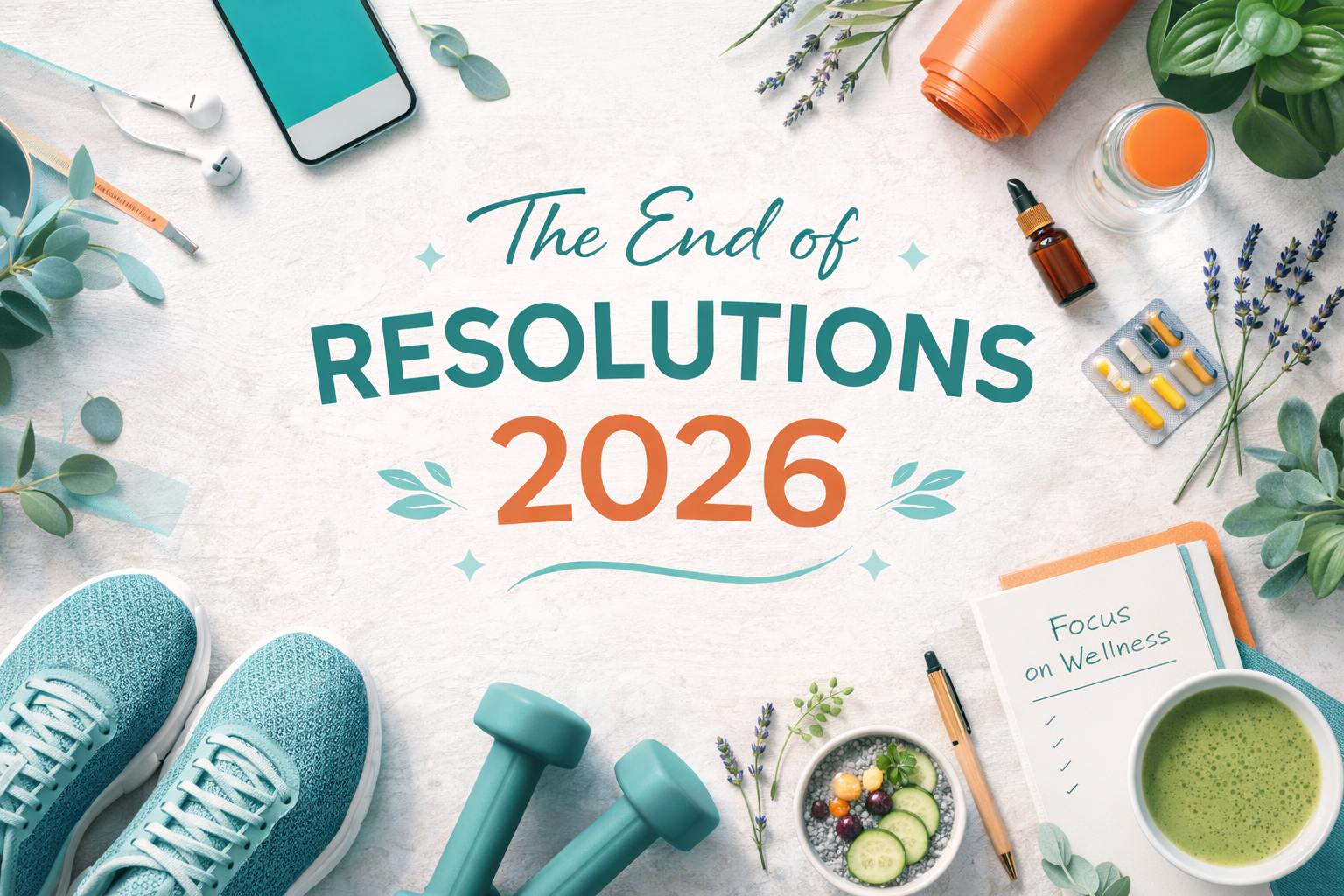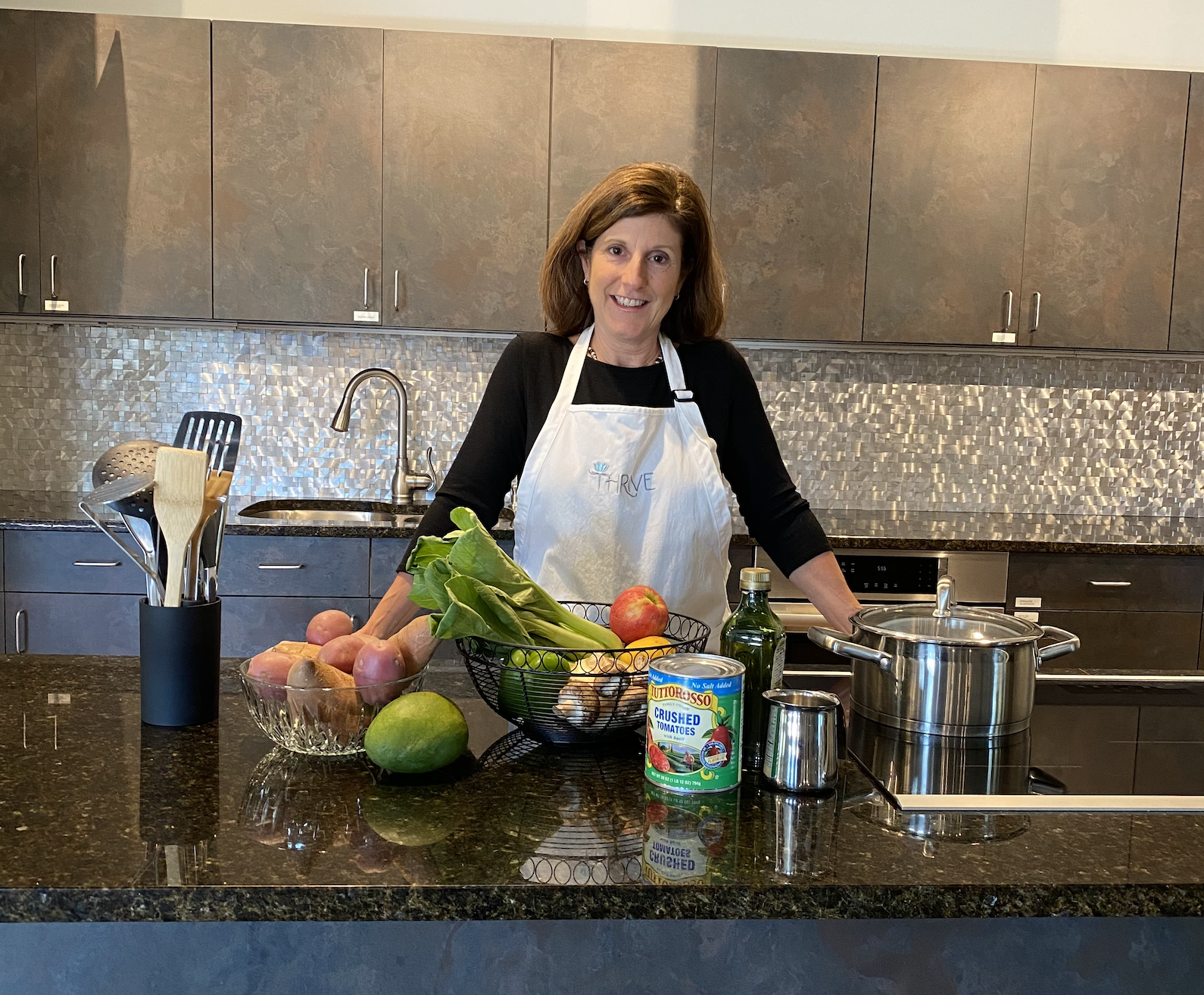Qi Gong, the Eight Brocades, and the Healing Connection Between Mind, Body, and Breath
By Dr. Scott Greenapple Qi Gong is a time-honored practice of gentle movement, breathing, attention, and intention. One of its most accessible and beloved forms is the Eight Brocades, also known as Baduanjin—a classic sequence of eight movements that has been practiced for centuries. Because it is rhythmic and relatively easy to learn, Baduanjin is often used as an entry point into Qi Gong for people who want to improve strength, mobility, balance, and overall well-being without placing harsh strain on the body. In traditional East Asian medicine, health is often understood through the lens of the Three Treasures, or San Bao: Jing (Essence), Qi (vital energy or breath), and Shen (spirit or consciousness). This framework offers a beautiful way of understanding Qi Gong. When we align...











